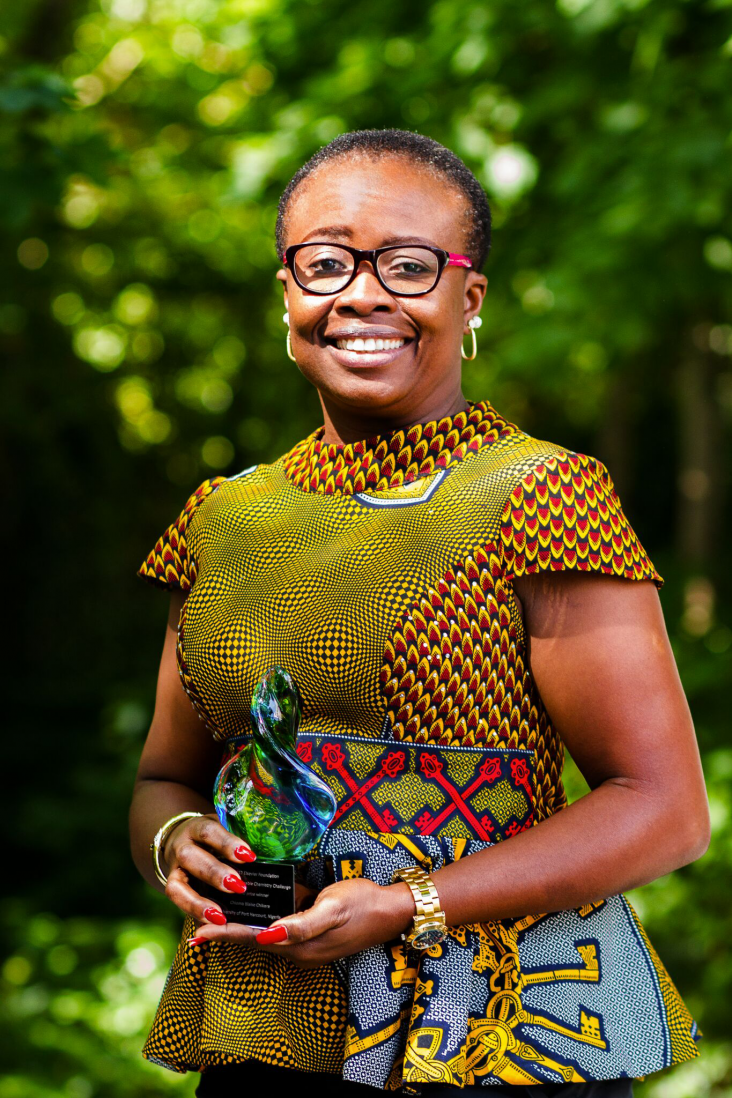
In 2017, Chioma Blaise Chikere was awarded the second prize of the Green and Sustainable Chemistry Challenge. Her project “Eco-restoration of crude oil-polluted land in Nigeria” demonstrated how organic nutrients such as garden fertilizers and animal excreta can be used to degrade hydrocarbons, cleaning up the soils heavily contaminated by decades of oil spills and advancing SDGs 6, 13 and 15. Three years later, we caught up with Dr. Chikere to learn about her research journey.
With the increasing importance of ‘emerging powers’ in the global economy, questions are raised about the role of developing countries in shaping global norms.
The use of crop evapotranspiration data has allowed the estimation of crop water requirements and consumptive groundwater use.
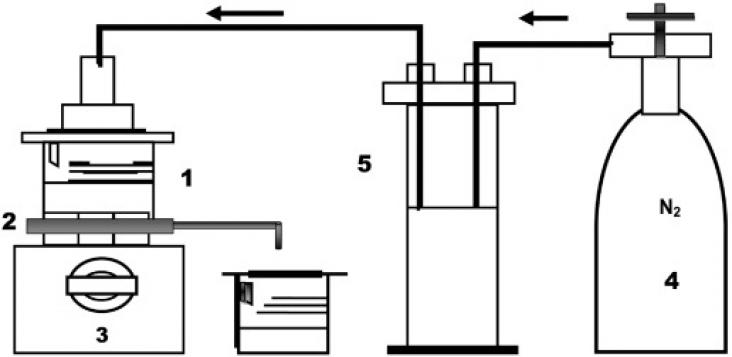
A cationic chelating polymer, namely biopolymer chitosan CHI with a molecular weight of 117 kDa is employed in the present study to bring about the retention of azoic dyes from its aqueous solutions b

The cost-effectiveness and reliability of waste collection services in informal settlements can be difficult to optimize given the geospatial and temporal variability of latrine use.
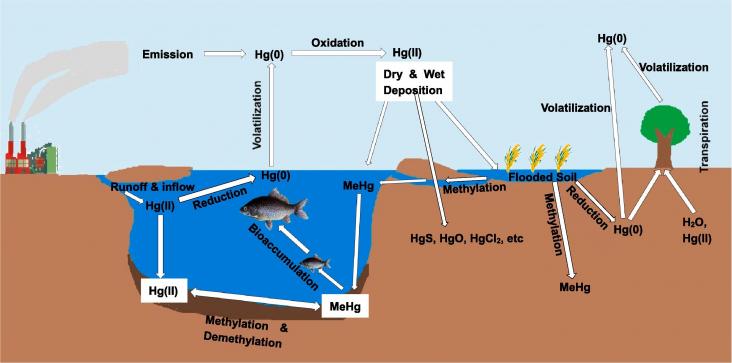
Mercury contamination in soil, water and air is associated with potential toxicity to humans and ecosystems.
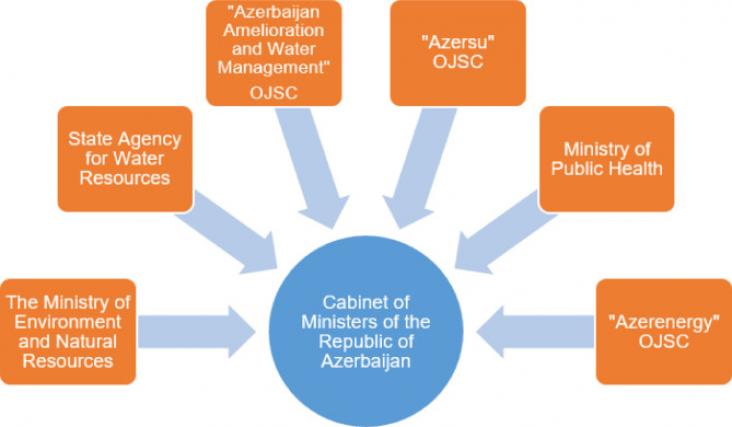
In this paper, the objective is to analyze the water management in Azerbaijan to ensure the country's water safety by improving the efficiency of water management and consumption.
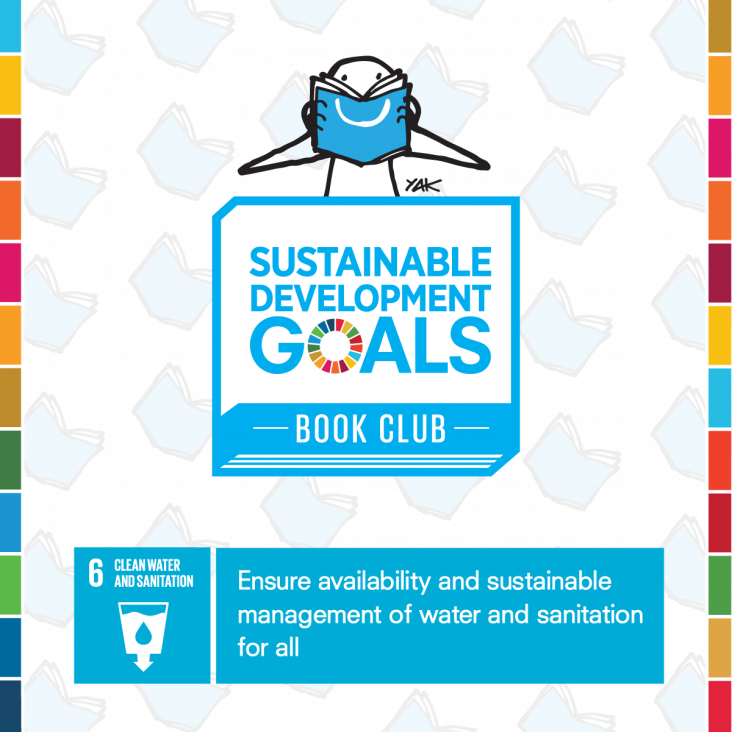
The #SDGBookClub helps children learn about the Sustainable Development Goals. The book club presents a selection of books for children aged 5-12 on each of the goals. Check out the books that have been selected in support of Goal 6 - Clean Water and Sanitation.
This study empirically examines the effects of school toilet provision on the primary-school attendance rate in Kenya.
This study supports SDGs 3 and 6 by identifying passive chlorination at the point of collection as an effective and scalable strategy for reducing diarrhoea in children and improving access to safe and affordable drinking water in a low-income urban setting.
